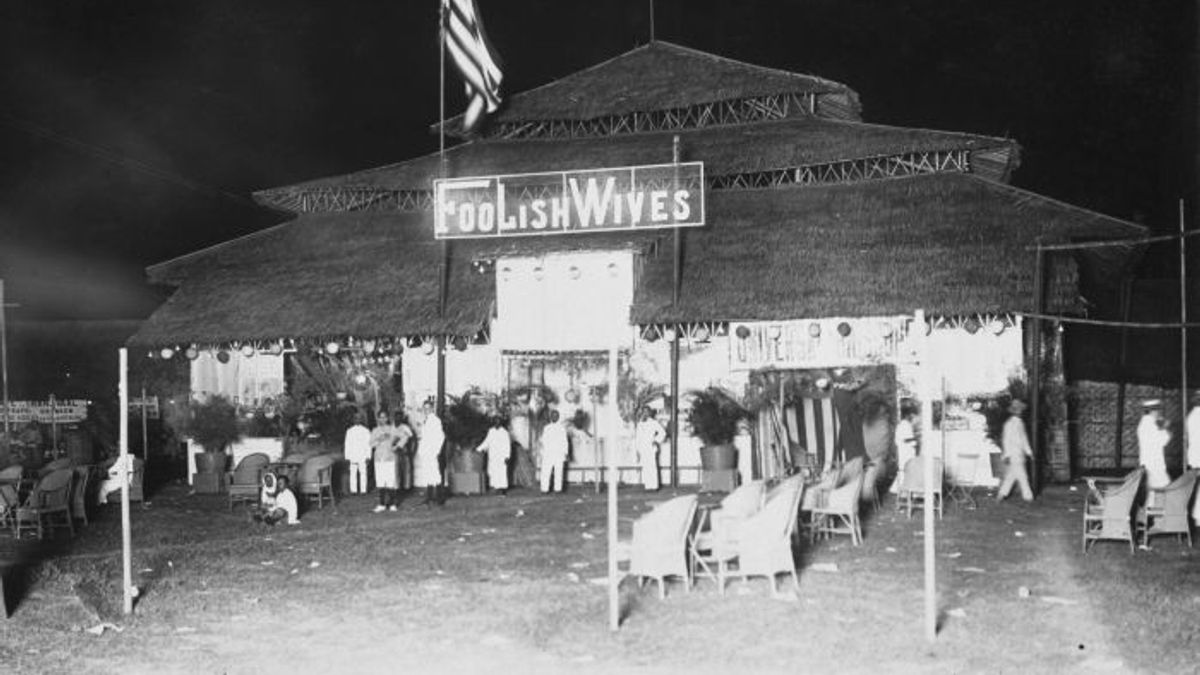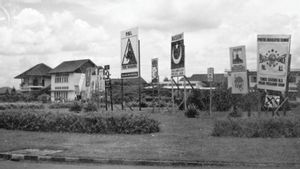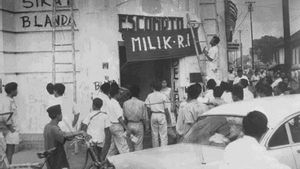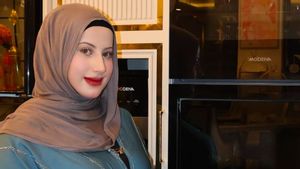JAKARTA - History today, 123 years ago, December 4, 1900, the newspaper, Bintang Betawi contains advertisements for the premiere of the film in the Dutch East Indies. The advertisement invites the public to come to the Kebon Jahe Cinema, Tanah Abang, Batavia, to witness the entry of entertainment in the picture of idoep (film) to the archipelago.
Previously, the diversity of entertainment was not new in the archipelago. Entertainment that comes is still limited to traditional performances. The western entertainment is biliar and others - only growing when many Dutch people start arriving and building exclusive clubs.
Everyone needs entertainment. In fact, in the Dutch colonial era. The Bumiputras alone were able to reduce all their fatigue by enjoying a variety of traditional entertainment typical of the archipelago. From wayang to dance.
The entertainment was able to erode the sadness of living under Dutch control. On the other hand, the Dutch. The way the Dutch access entertainment is diverse. They can enjoy entertainment anywhere. Events going to weddings to weddings can be perpetuated as entertainment.
This condition became increasingly massive when the Dutch began arriving at the Dutch center of power in Batavia (now: Jakarta). Their presence was able to bring new entertainment to the archipelago. The exclusive club as a place of fun such as Societeit --Harmonie and Concordia -- thrives. In Batavia, let alone.
Societeit later became an exclusive club that provided a variety of entertainment. From playing cards to billiards. However, not just anyone can access it. Those who are rich and very rich can enter. The poor Dutch and natives are prohibited from entering.
However, that does not mean they cannot find and accept the arrival of new entertainment. The two ethnic groups, the natives and the Dutch continue to seek new entertainment. Instead of refusing, they accept every entertainment that enters with joy as long as it does not deviate.
The presence of the Tanjung Priok port, the railway and telecommunication network, and the opening of the Suez Canal, Batavia at that time were more interesting than Singapore, many of whom were visited by immigrants not only from the Netherlands, but also from other European countries. So it is known that the Rijswijk area (now JI Juanda) and Noordwijk (JI Segara) are elite areas with the majority of the population of Europeans.
Similar to the industrialization era, entertainment venues emerged for the elites. Like Harmonie and Corcordia, both of whom were deceased. What lives from the tempo entertainment place doeloe is Princen Park, which has changed its name to the Lokasi People's Entertainment Park (THR) in Mangga Besar, West Jakarta. It is located near the outskirts of the Pecinan area or China Town Glodok, "explained Alwi Shahab in the book BETawi: Queen of the East (2002).
The Seisi Nusantara Village received entertainment to the ears of film entrepreneurs in the Dutch East Indies, De Nederlandshe Bioscope Maatschappij. The company considers the screening of the film for the first time in the Dutch East Indies to make history.
Ajaan advertised the show to watch a movie for the first time in its entirety. The Betawi Star newspaper also contains advertisements ordered by the Dutch for the premiere of a silent documentary film on December 4, 1900. It explained that the screening of the film was first --the title is unknown -- will take place at Bioksop Kebon Ginger the day after, or on December 5, 1900.
The news spread throughout the archipelago. Not only Batavia. The era was even predicted to be part of the progress of the times. Then, films were able to become one of the leading entertainment in the Dutch East Indies.
"Tomorrow, Wednesday, December 5, 1900, the first major show in one house (bioscope) in Tanah Abang, Kebon Jahe starts at seven pm. The property of the first class 2 guilder, the price of the second class 1 guilder place, and the price of the third class 0.5 guilder, "is written in an advertisement for the Indian Star newspaper as quoted by M. Sarief Arief in the book Politics Film in the Dutch East Indies (2009).
SEE ALSO:
The English, Chinese, Japanese, Arabic, and French versions are automatically generated by the AI. So there may still be inaccuracies in translating, please always see Indonesian as our main language. (system supported by DigitalSiber.id)















